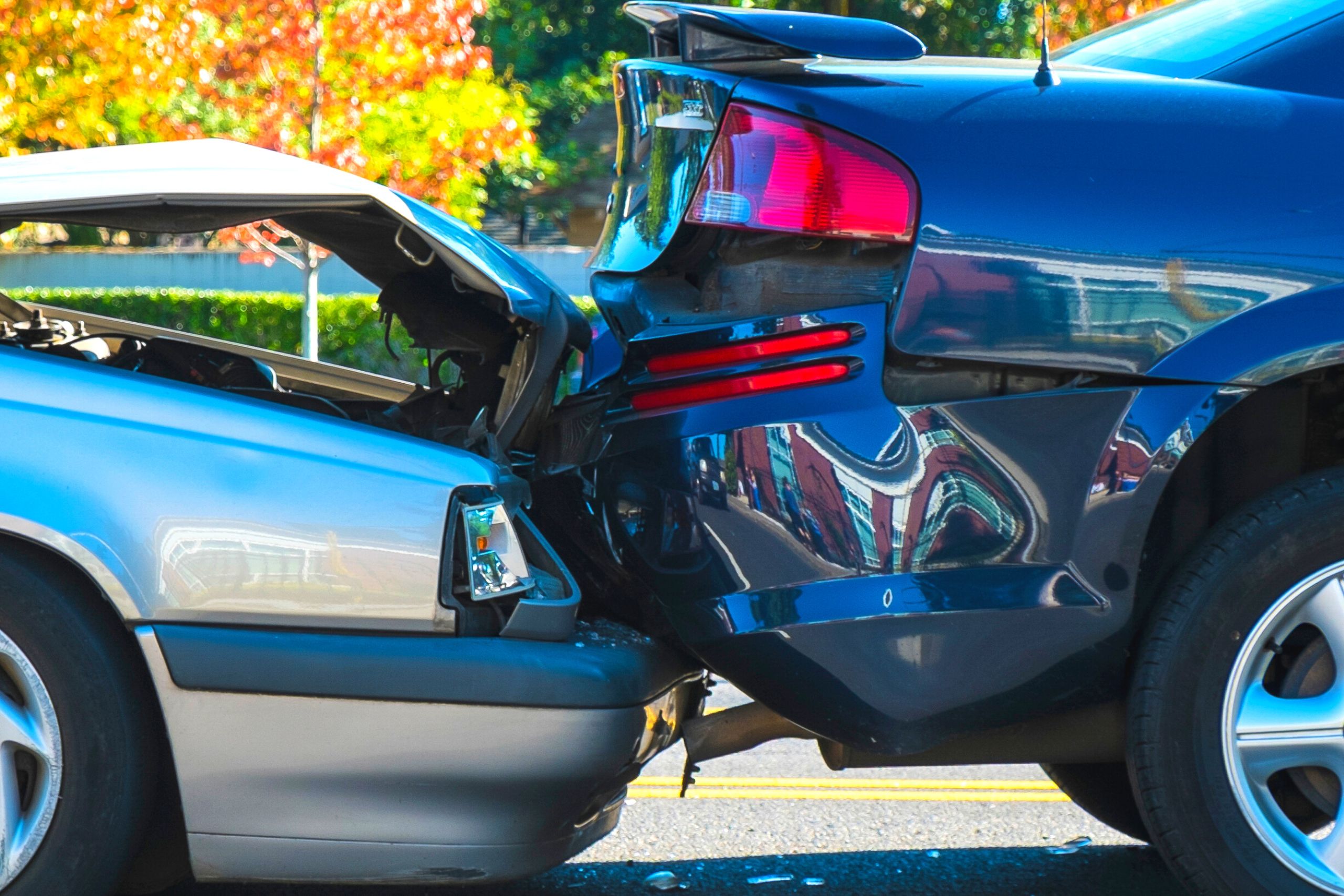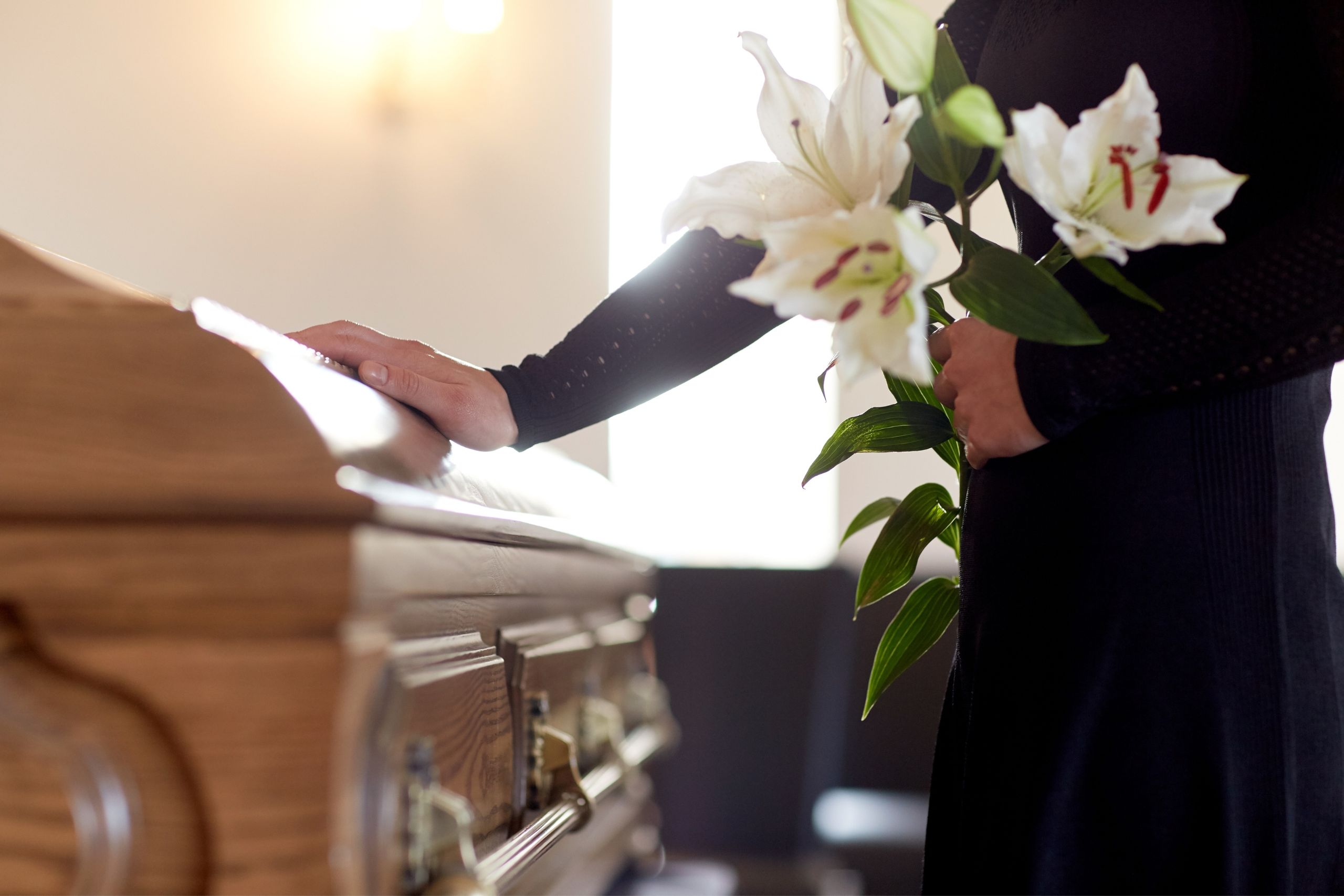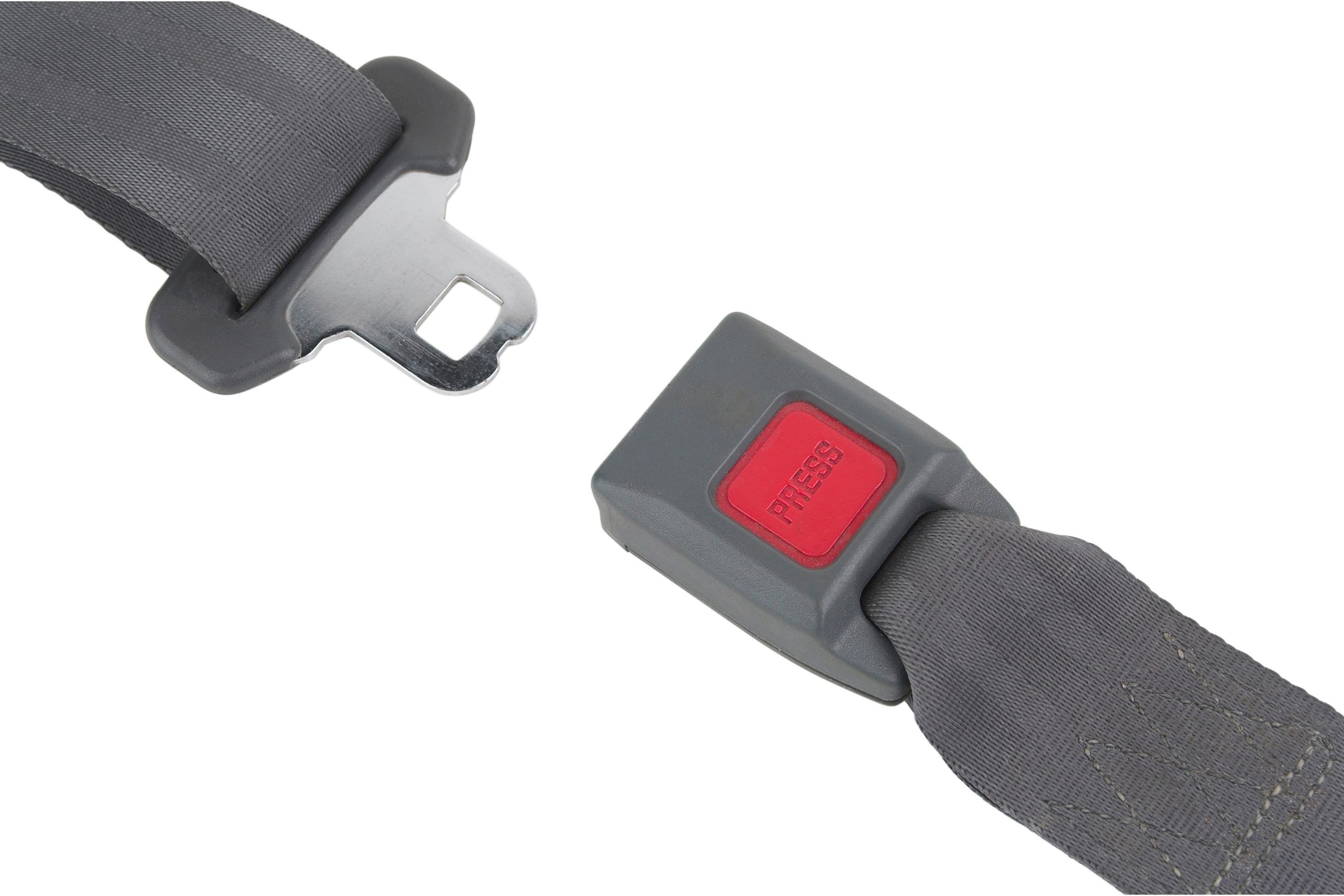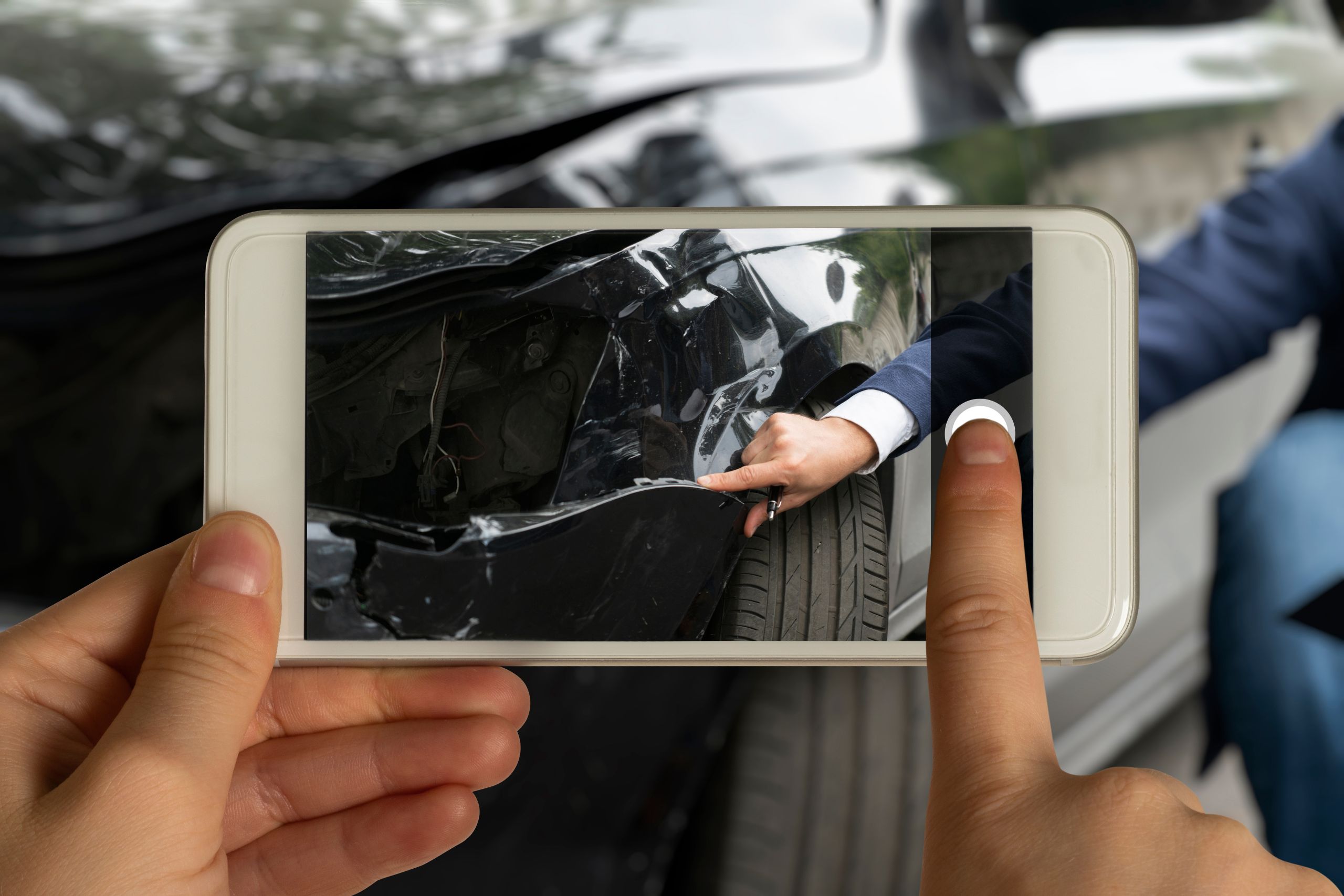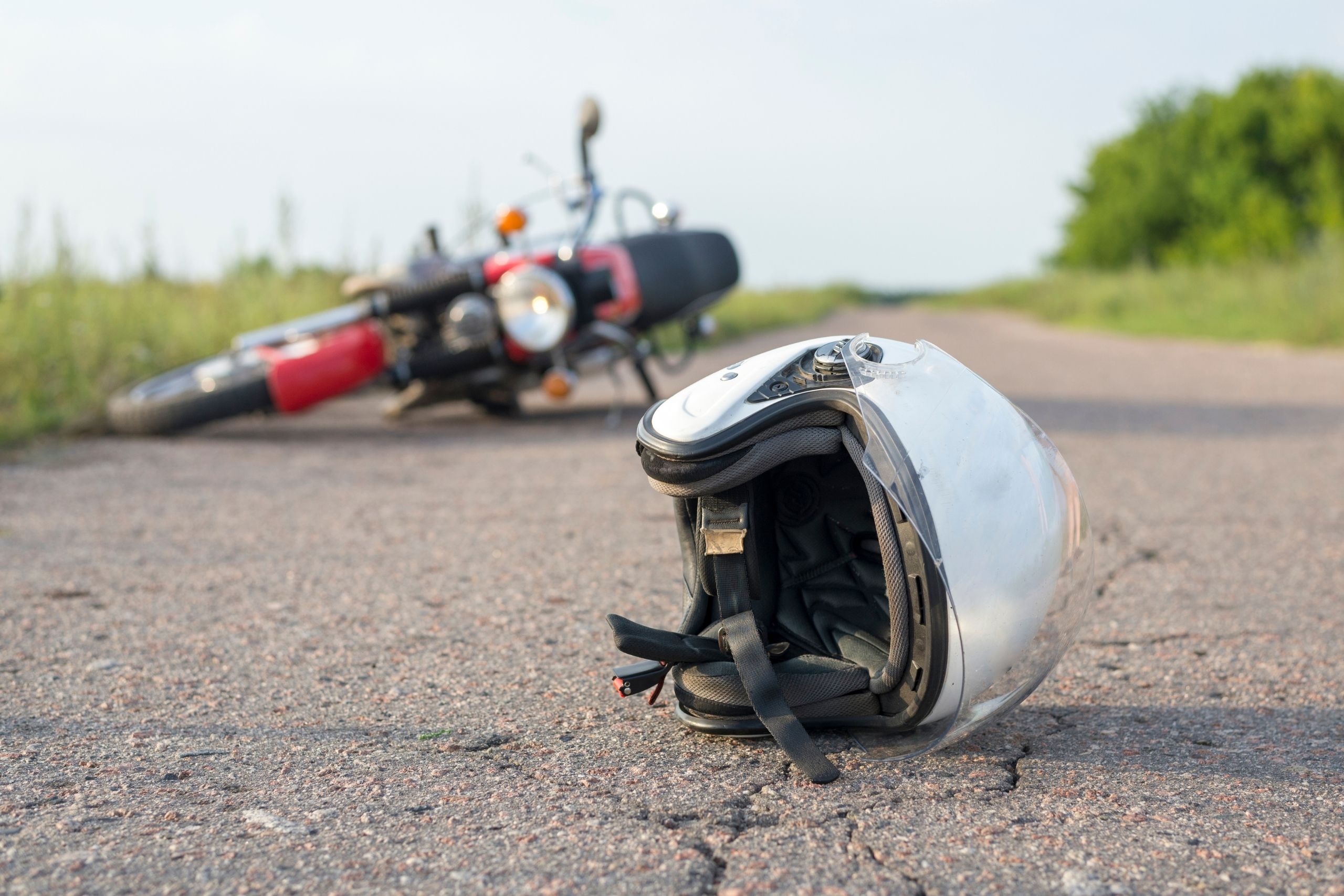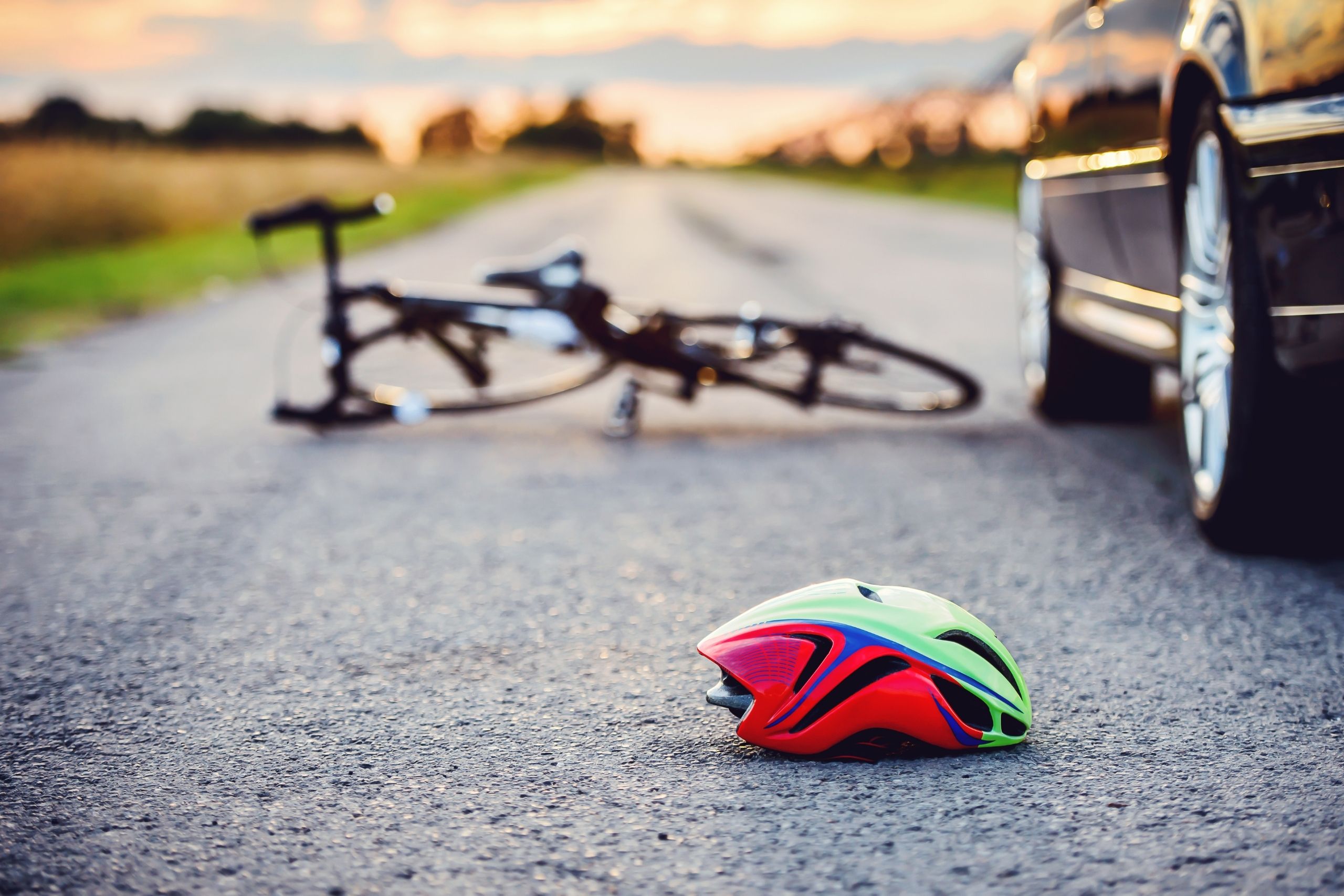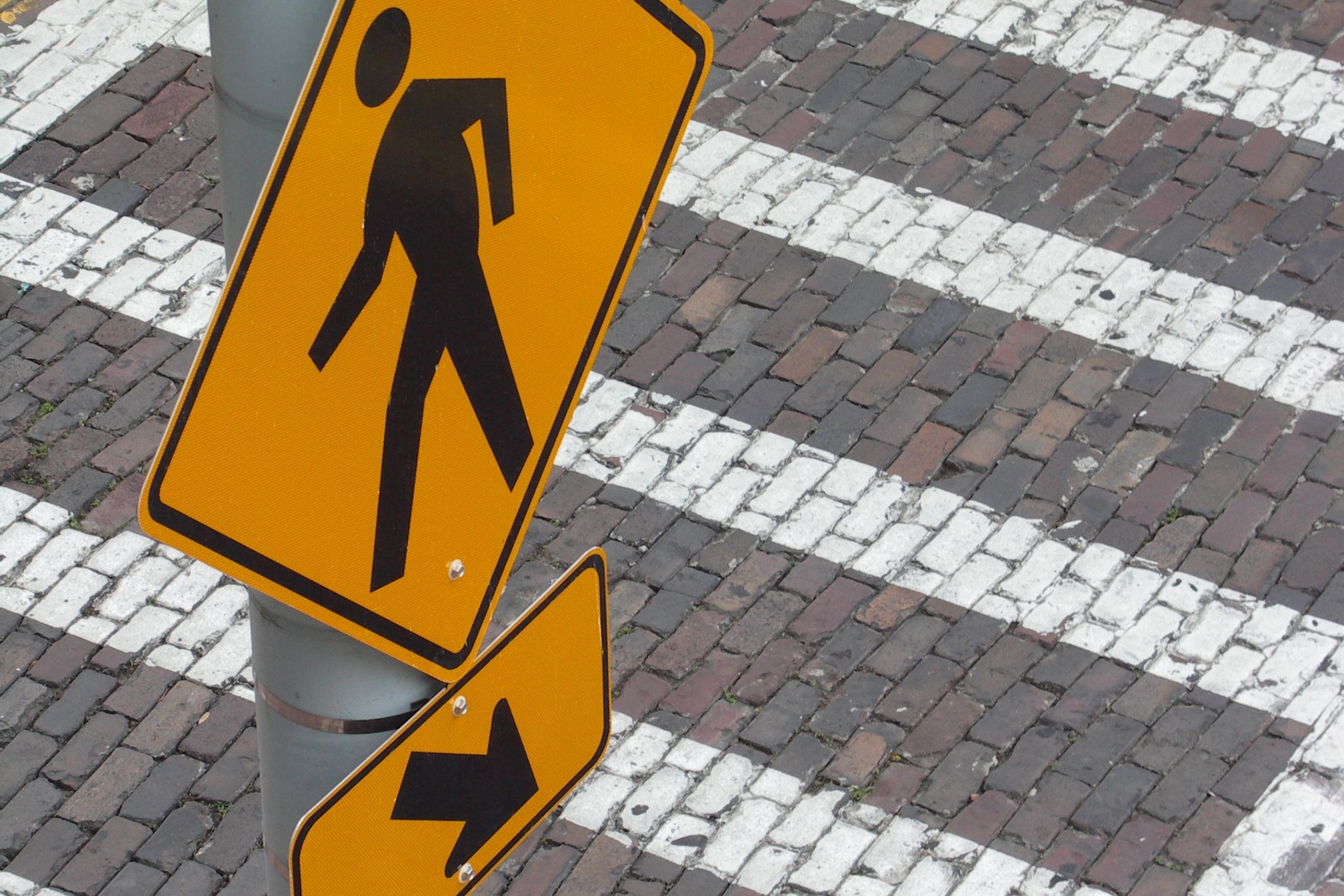When we talk about Fort Lauderdale personal injury lawsuits, we’re referring to cases that fall under the umbrella of legal “torts.” As our Broward personal injury lawyers can explain, a tort is an act – or omission – that results in injury or harm to another for which courts can impose legal liability. In most…
Continue reading ›Broward Injury Lawyer Blog
Rear-end collisions are one of the most common types of Fort Lauderdale car accidents, and such circumstances create a rebuttable presumption that the driver in the rear was at-fault. But brake-checking – when a driver purposely slams on their brakes in order to scare or intimidate another driver – can be the basis to refute…
Continue reading ›Florida wrongful death lawsuits can help families obtain a measure of accountability from those whose wrongdoing took their loved ones from them. But beyond that, they can make the future safer by compelling changes that may prevent someone else from being harmed in the same way. Through all this, it is our hope as Broward…
Continue reading ›Large trucks pose an outsized safety risk on Florida roads, mainly because of the size disparity compared to other vehicles and the fact they frequently travel at such high speeds. But there’s another – often overlooked safety issue that truck crashes present: The risk of underride. As our Fort Lauderdale truck accident lawyers can explain,…
Continue reading ›Florida is a no-fault state when it comes to car accident claims. However, that doesn’t mean you can’t pursue monetary damages from negligent drivers. It also doesn’t mean you can’t be held responsible (at least partly) for your own injuries. The seat belt defense is a good example of the latter, as our Broward car…
Continue reading ›If you’re injured in a Fort Lauderdale car accident, you may be aware that your first avenue to collect damages is personal injury protection (or “PIP”) coverage. This is state-mandated auto insurance that you pay for that will cover a portion of your medical bills and lost wages if you are injured in a Florida…
Continue reading ›A spate of deadly Florida motorcycle accident reports during Bike Week 2022 throws into sharp relief the danger many two-wheeled riders face when taking to the streets of the Sunshine State. The Daytona News-Journal reports there were six motorcycle deaths during the annual motorcycle enthusiast gathering in Daytona Beach this year. Two of those deaths…
Continue reading ›The U.S. Supreme Court is considering a question that concerns Florida personal injury plaintiffs. Specifically, should the state’s Medicaid program be allowed to seek reimbursement for past medical care by siphoning personal injury lawsuit settlement funds that are expressly dedicated to future medical expenses? As our Fort Lauderdale personal injury lawyers can explain, this could…
Continue reading ›No matter how you dice the statistics, Florida has the highest rate – and number – of bicycle accidents in the entire U.S., a fact that has remained fairly consistent for years, illustrated by the growing number of white-painted “ghost bikes” dotting the urban landscapes and intersections. Bicyclists remain among the most vulnerable road users…
Continue reading ›Fort Lauderdale pedestrian accident victims may find it difficult to obtain full and fair financial compensation after their ordeal. For one thing, 1 in 4 Florida pedestrian accidents are hit-and-run crashes, meaning the driver who caused the crash fled the scene. Secondly, even if the driver stays, 1 in 5 are uninsured, despite statutory requirements.…
Continue reading ›













